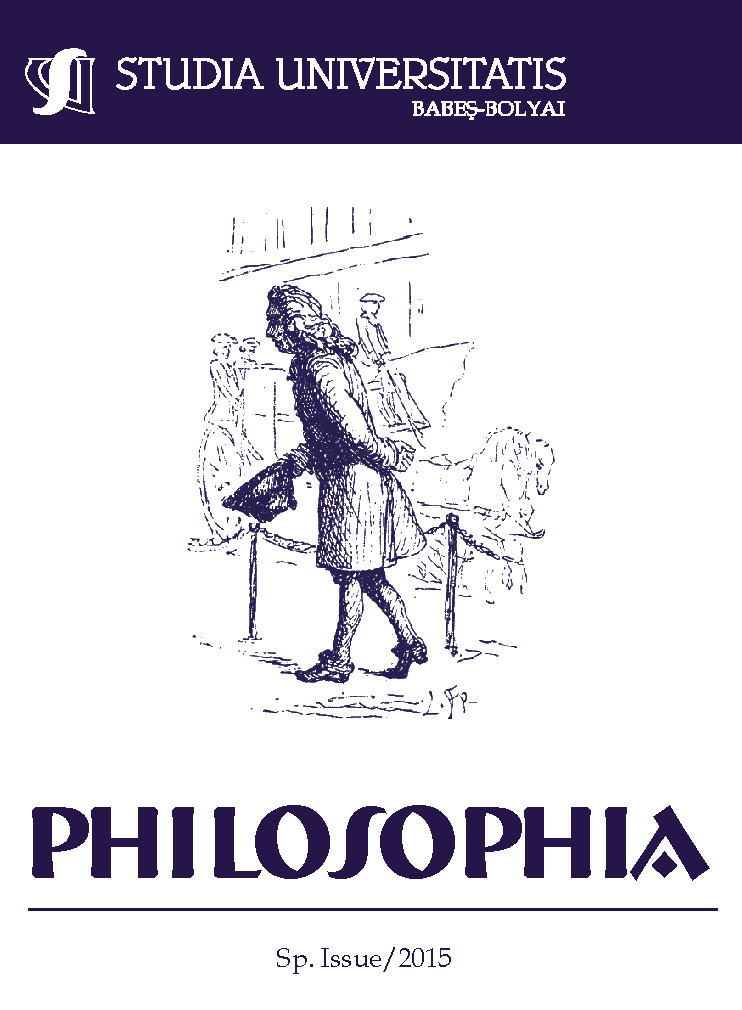THE NATIONAL PEASANTS’ STATE IN THE VISION OF CONSTANTIN RĂDULESCU-MOTRU
Keywords:
peasant’ state, Peasantrism, liberal state, Constantin Rădulescu-MotruAbstract
The National Peasants’ State in the Vision of Constantin Rădulescu-Motru. In the interwar period, the major parties, the Liberal Party and the Peasants’ Party, looked for their government formulas, the options being a bourgeois capitalist state or a state built on national peculiarity, as an expression of the existing social structures, rising from traditional values. In April 1934, the Philosophical Journal published the study The Ideology of the Romanian state, which perhaps was the most important contribution to the elaboration of the principles that formed the basis of the peasant state. From the outset, without any connection to Peasantrism, being a conservative, he built his philosophy on the idea that the liberal state is inadequate and is an artificial creation, idea which results from all his work in the philosophy of Romanian culture. Approaching the Peasantrism doctrine came naturally, the philosopher exposing his ideas in the personal line, whether he defined Peasantrism or the peasant state.
References
Dreptatea newspaper, 25th April, 1935.
Petreu, Marta From Junimea to Noica. Romanian Culture Studies, Polirom Publishing House, Iași, 2011.
Rădulescu-Motru, Constantin, Political writings, Preface by Cristian Preda, Nemira Publishing House, Bucharest.
Micu, Dumitru, Thinking and "Gândirism". Moments and Syntheses, Minerva Publishing House, Bucarest, 1975.
Downloads
Published
How to Cite
Issue
Section
License
Copyright (c) 2015 Studia Universitatis Babeș-Bolyai Philosophia

This work is licensed under a Creative Commons Attribution-NonCommercial-NoDerivatives 4.0 International License.





